Research and Development / CURES
Center for Urban and Rural Environmental Sustainability (CURES)
A Holistic Approach to Urban Sustainability and Resiliency

The purpose of the CURES is to harness unique capabilities to develop and deploy the research, applied learning and education, with public engagement, to generate the capabilities that cities will need to be more livable, prosperous, resilient, and sustainable.
The issue on improving the urban sustainability requires collaboration between the public and private sector. An estimated 40 of the top 100 economies today are multinational corporations. Investment by the Private Sector in the urban environment is substantial ranging from an estimated 50 to 75% of total city investment. The issues in urban sustainability are too big for public sector alone –the collaboration among the public and private sector will be pivotal to making progress. We are exploring potential industry and foundation partners to provide the baseline support for CURES, while also working with cities to establish other research relationships for supporting the interactions for the cities themselves
Partnerships will be established with several other universities as well as national laboratories, NGOs, and private entities that are aligned with the mission of CURES. Greenleaf Advisors and Greenleaf Communities are advising on the formation of the Center and assisting in outreach to partners as we establish a robust network for engagement on urban sustainability.
CURES works with cities on developing integrated sustainable solutions to improve community-wide health and prosperity now and in the future.
The purpose of CURES is to harness core competencies to develop and deploy the research, applied learning and education, with public engagement, to generate the capabilities that cities will need to be more livable, prosperous, resilient, and sustainable. The Center will focus on strategies and policy tools to build resilience to climate change, promote human welfare and address the inter-dependence of urban water, food, and energy.
The work of CURES will be problem driven and issue focused in developing solutions that use a diverse set of tools to shape a critical set of interconnected urban systems to help cities meet sustainability challenges. CURES will harness existing expertise and catalyze new research on several interconnected elements of the urban system that are critical to questions of sustainability.
CURES researchers focus on the most pressing challenges faced by cities and the urban systems that create them (energy, transportation, water and sanitation, waste and recycling, housing and neighborhoods, land and natural systems and health).

ahans4@uis.edu
University of Illinois at Springfield: Associate Professor, Environmental Studies
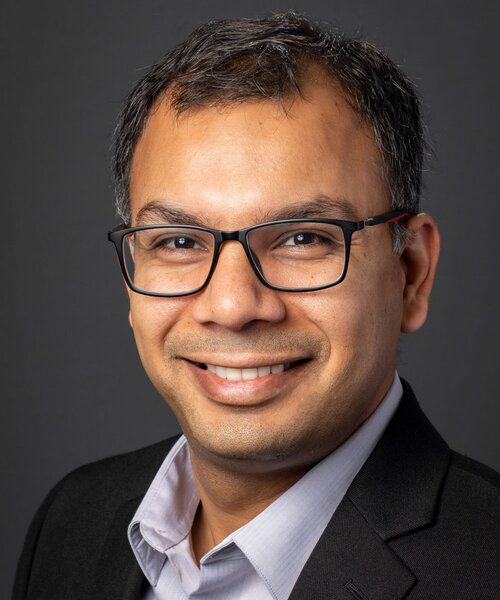
sharmaa@illinois.edu
University of Illinois at Urbana-Champaign: Illinois Research Climatologist, Illinois State Water Survey, Prairie Research Institute
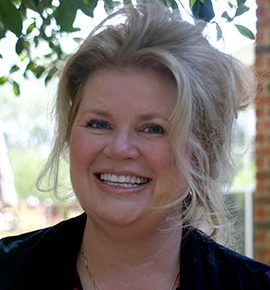
crigs2@uis.edu
University of Illinois at Springfield: Assistant Professor, Management, Marketing, and Operations

wuebbles@illinois.edu
University of Illinois at Urbana-Champaign: Director CURES and Harry E. Preble Professor, Department of Atmospheric Sciences

ekocs@uic.edu
University of Illinois at Chicago: Director, Partnerships & Strategy, UIC Energy Initiative, Technology Commercialization Fellow, UIC Office of Technology Management
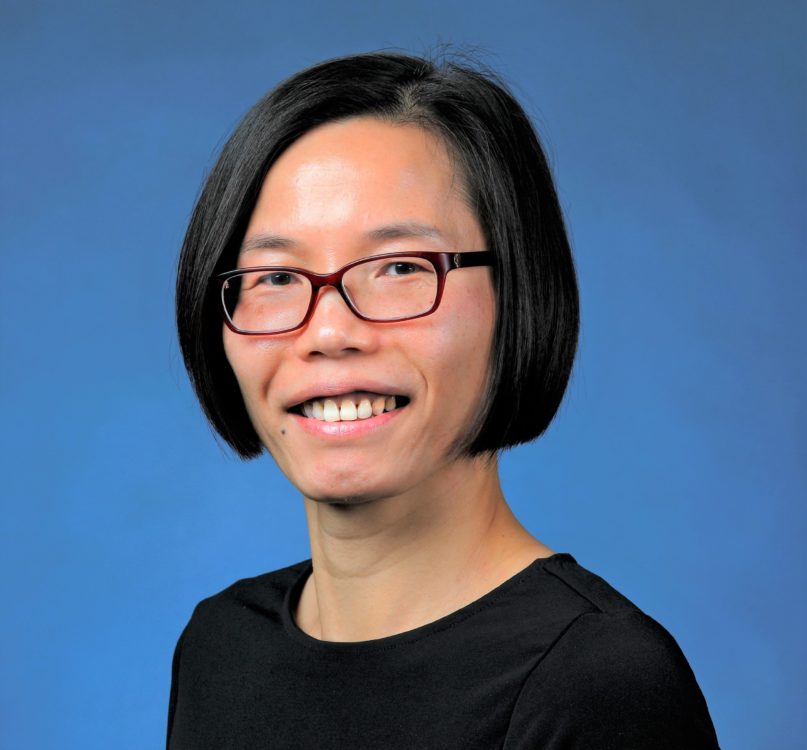
janeline@uic.edu
University of Illinois at Chicago: Professor, Civil Materials, and Environmental Engineering
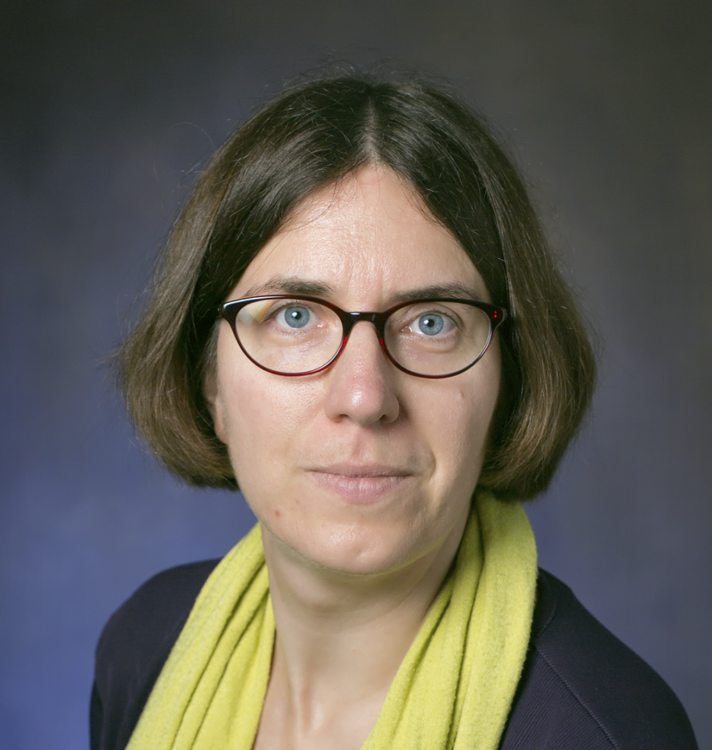
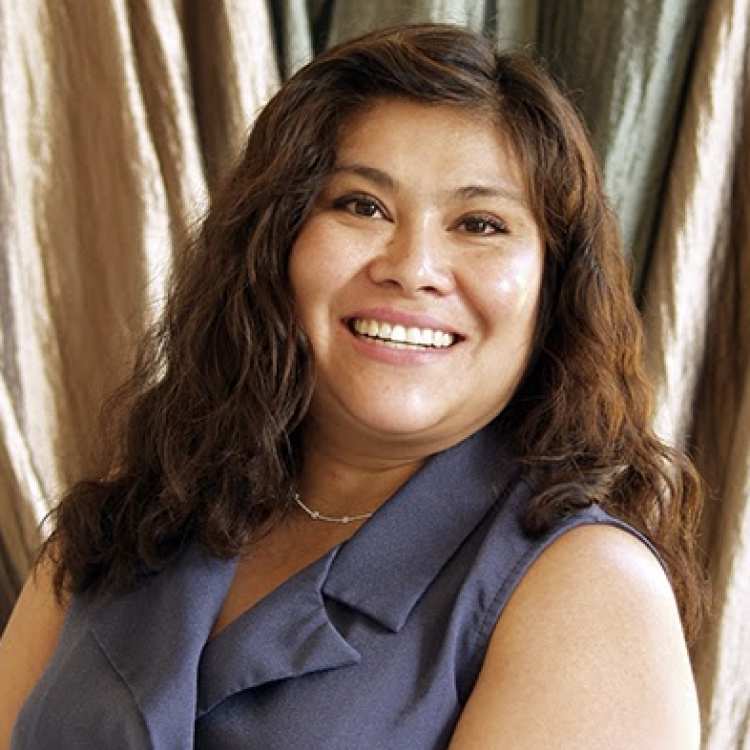
lvazq1@uis.edu
University of Illinois at Springfield: Interim Associate Vice Chancellor for Research & Innovation, Professor of Biology

crigs2@uic.edu
University of Illinois at Chicago: Director, Institute for Environmental Science and Policy
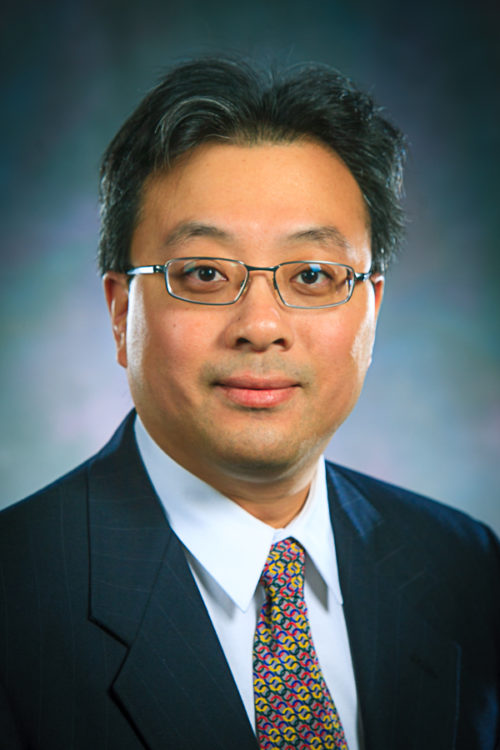
yflin@illinois.edu
University of Illinois at Urbana-Champaign: Director, Illinois Water Resources Center, Prairie Research Institute
CURES will deploy advanced research and educational programs to work with urban areas to solve several key challenges in sustainability.
To develop solutions to the key challenges, CURES will harness existing expertise and catalyze new research on several interconnected elements of the urban system that are critical to questions of sustainability. Our study of these urban system elements will adhere to the principles of CURES– the system elements are interconnected; system research will integrate human, natural, and technological dimensions; and system elements are best understood by incorporating place-specific knowledge. The vertical space within urban centers (e.g., retail, office, commercial and industrial, residential) consume substantial energy, materials, and water, and influence health through air quality, lighting, circulation patterns, and other conditions. Utilizing best practices and innovation in design, construction, maintenance, and operational management, especially as use patterns change, can have profound impact on the cities attractiveness to workers and residents, and the cities sustainability, or environmental footprint.
Cities can solve the key sustainability challenges through strategic use of a number of different tools to shape the network of urban systems. Illinois CURES will develop sustainability strategies that deploy combinations of the following types of tools.
Sign up for our newsletter to stay up-to-date on our work.

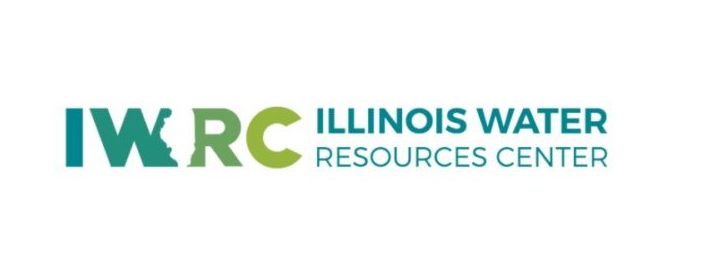
This webpage has been designed by the Illinois Water Resources Center.